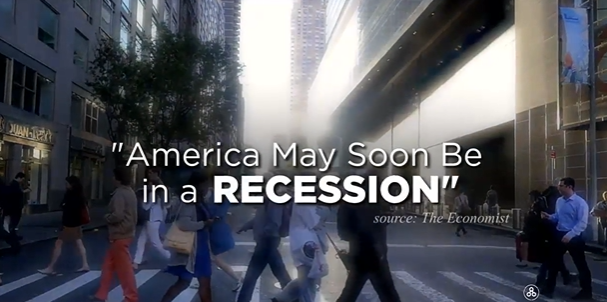In a recent promotional advertisement released by the Trump campaign, an interesting observation was made – the ad seemed to be stuck in an economic time warp, according to critics. The ad, titled Amazing, featured footage of thriving businesses and industries, presenting a prosperous economic landscape that did not seem to align with the current state of the economy amidst the ongoing global pandemic.
The disconnect between the content of the ad and the reality faced by many Americans sparked a debate regarding the effectiveness of such messaging, especially in the midst of economic uncertainty and hardship faced by millions of individuals and businesses across the country.
One of the key criticisms of the ad was its failure to acknowledge the significant economic challenges brought about by the COVID-19 pandemic. With businesses shuttering, widespread unemployment, and economic instability impacting families nationwide, the glossy portrayal of economic success in the ad appeared out of touch and unrealistic.
Furthermore, the ad was seen as highlighting a narrative of economic prosperity that was more reflective of a bygone era, rather than the current economic landscape. The messaging seemed to harken back to a time when the economy was thriving pre-pandemic, failing to address the pressing issues and struggles facing many Americans in the present day.
The timing of the ad’s release also raised eyebrows, as it came at a time when the country was grappling with the economic fallout of the pandemic, further accentuating the disparity between the ad’s message and the lived experiences of those affected by the crisis. Critics argued that the campaign missed an opportunity to address the real economic concerns of the American people by presenting a rosy and outdated depiction of prosperity.
In response to the backlash, the Trump campaign defended the ad, emphasizing its focus on highlighting the President’s economic achievements prior to the pandemic. They argued that the ad was intended to showcase the success of the administration’s economic policies and its role in fostering growth and job creation before the onset of the global health crisis.
However, critics maintained that the ad’s failure to acknowledge the current economic challenges facing the nation was a misstep that could potentially alienate voters who are looking for leadership and solutions in the face of unprecedented economic uncertainty.
Ultimately, the debate surrounding the Amazing ad underscored the delicate balance that political campaigns must strike in addressing economic issues during tumultuous times. Navigating the complexities of messaging around economic prosperity, particularly in the midst of a crisis, requires a nuanced understanding of the realities faced by the electorate and the ability to offer meaningful solutions and support to those in need. As the campaign season unfolds, it remains to be seen how messaging around economic issues will evolve and resonate with voters seeking reassurance and stability in these challenging times.
